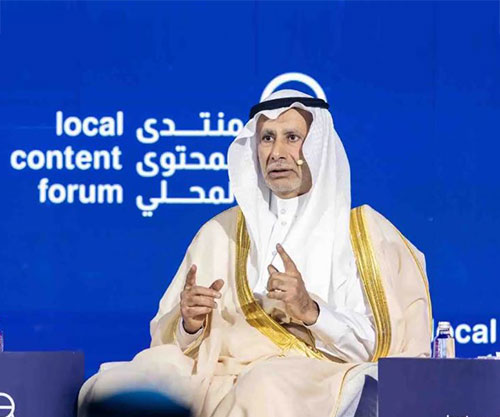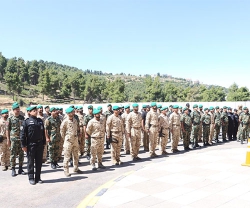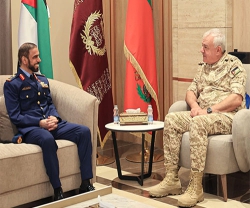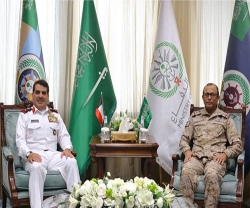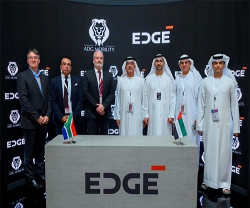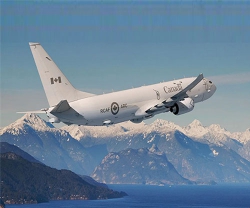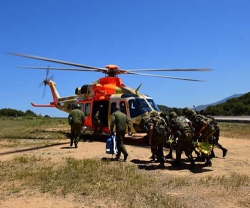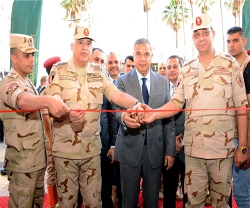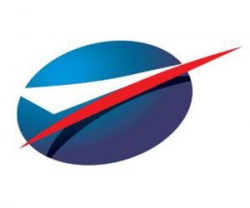Governor of the General Authority for Military Industries (GAMI) Eng. Ahmad Abdulaziz Al-Ohali announced that the localization rate of military spending has reached 19.35%, compared to 4% in 2018. The goal is to achieve over 50% localization of government spending on military equipment and services by 2030. Additionally, the number of licensed and authorized establishments in the military industries sector has increased to 296 by the third quarter of 2024.
He highlighted the GAMI’s efforts in establishing supply chains within the military industries sector and enhancing military procurement from local companies, amounting to SAR13 billion (US$ 3.5 billion). This includes the production of locally manufactured drones for field operations, sustainability companies for various defence systems, and the manufacturing of fast interceptor boats.
This statement was made by Eng. Al-Ohali during the panel discussion titled “Integration of Government Efforts in Developing Local Content,” which took place as part of the Local Content Forum 2024 held in Riyadh last week, the Saudi Press Agency (SPA) reported.
He also pointed out that local content development is one of the key priorities and objectives of Saudi Vision 2030. GAMI has been actively working towards this goal, achieving a local content percentage of 38% among companies operating in the military industries sector. This contribution is estimated to amount to SAR5 billion (US$ 1.3 billion) in total GDP.
Furthermore, 11 policies and regulations have been launched concerning the legislative framework of the military industries sector. These aim to enhance governance within the sector, boost investor confidence, increase local content rates, and build new capabilities in manufacturing and service provision. This initiative not only contributes to local content but also creates numerous high-quality job opportunities.
The governor emphasized the commitment to enhancing local content by signing over four framework agreements encompassing 70 categories. Additionally, approximately 80% of expenditures on military apparel, equipment, weapons, and ammunition are included, with the total value of contracts estimated at SAR1 billion (US$ 266.7 million), achieving a savings rate of 20%. The volume of these agreements is anticipated to grow to SAR1.6 billion (US$ 426.7 million), with the entire amount being spent within the local market.
He also highlighted the support for local manufacturers in facilitating the acquisition of licenses and creating an attractive investment environment that bolsters both national and international companies to enhance local content through various initiatives. These initiatives include implementing a zero VAT on locally manufactured military goods, financial incentives, and preparing industrial sites.
He said GAMI is working on signing over 53 industrial participation programs valued at nearly SAR35 billion (US$ 9.3 billion) with both local and international companies, including approximately SAR13 billion (US$ 3.5 billion) in purchase orders for local firms.
Al-Ohali emphasized the importance of leveraging digital transformation technologies to develop local products that meet the needs of the military market. This initiative includes the launch of a unified platform for military industries, which serves as a consolidated framework for all services provided to beneficiaries. The platform aims to automate all services and utilize the latest technological advancements, data science, and artificial intelligence for various tasks, including forecasting demand for military products and services. This effort contributes to building local manufacturing capabilities.
Additionally, GAMI collaborates with the General Authority for Defense Development’s (GADD) platform on research and development programs for defence products, taking advantage of the latest digital transformation technologies and reverse engineering.
The human resources strategy for the military industries sector was launched in 2022, alongside several national initiatives. The most notable was the establishment of the National Academy for Military Industries, which aims to accommodate 2,000 students annually in technical and engineering disciplines. This includes a scholarship and delegation program, as well as educational and training programs that have benefited over 850 employees in the private sector.

